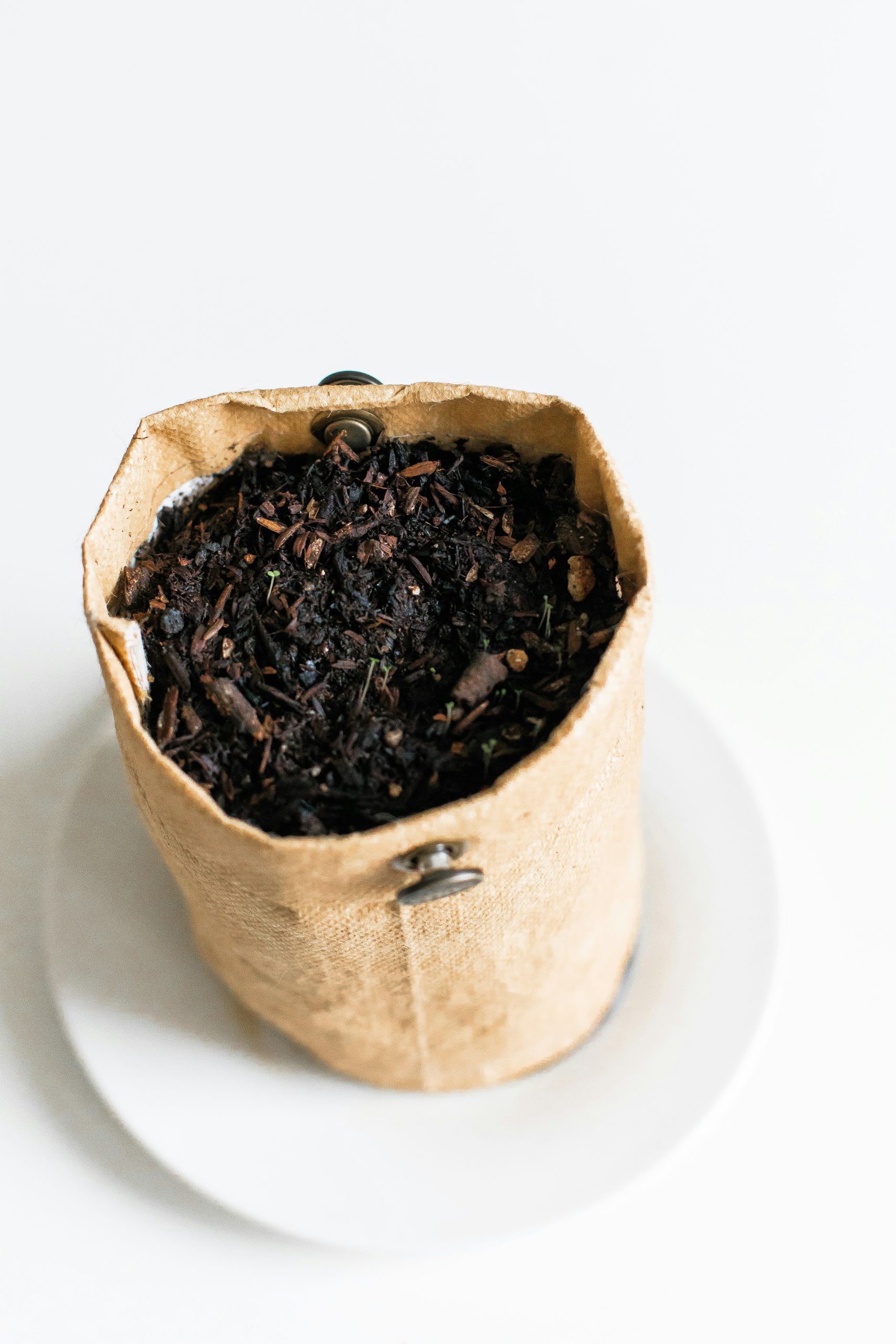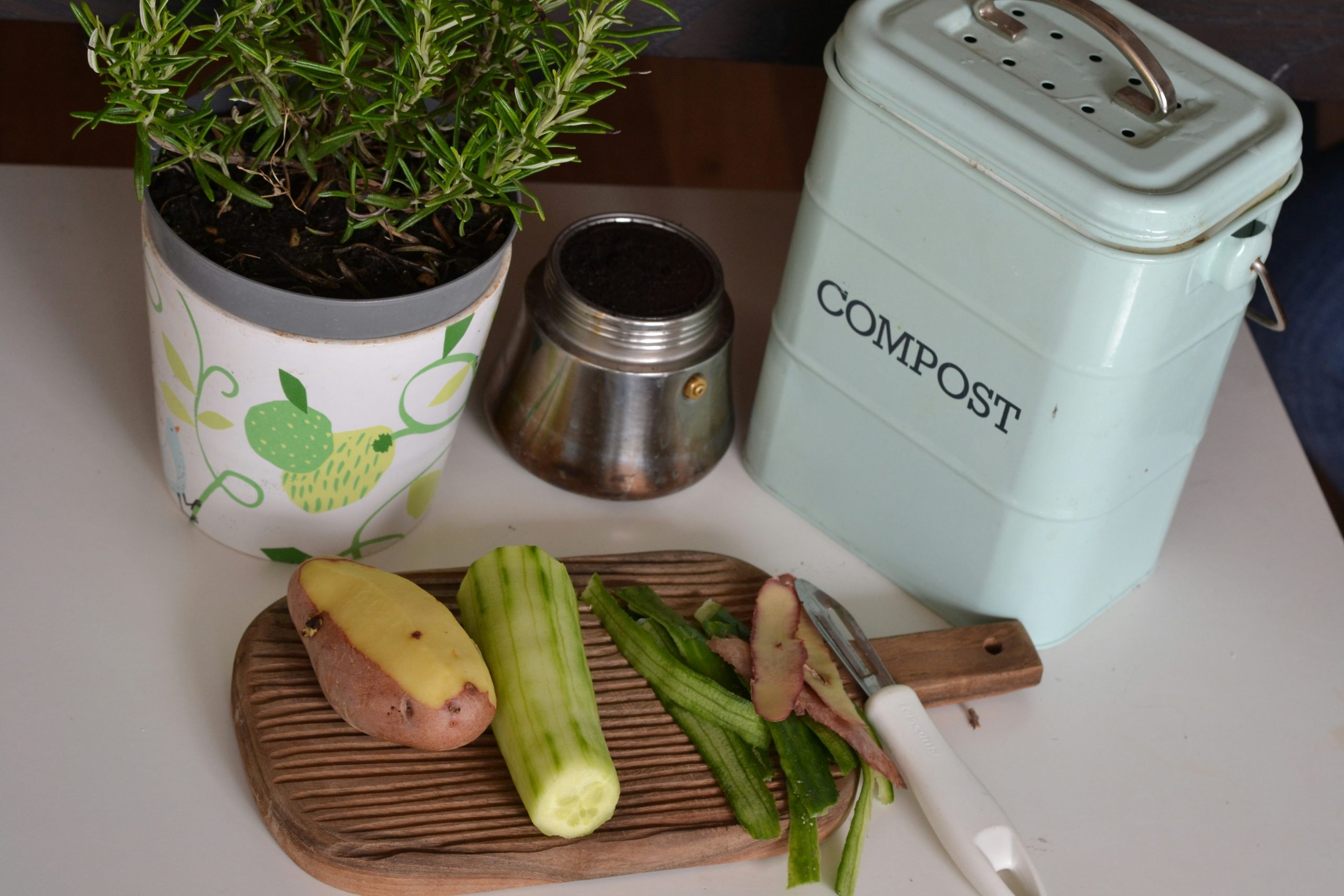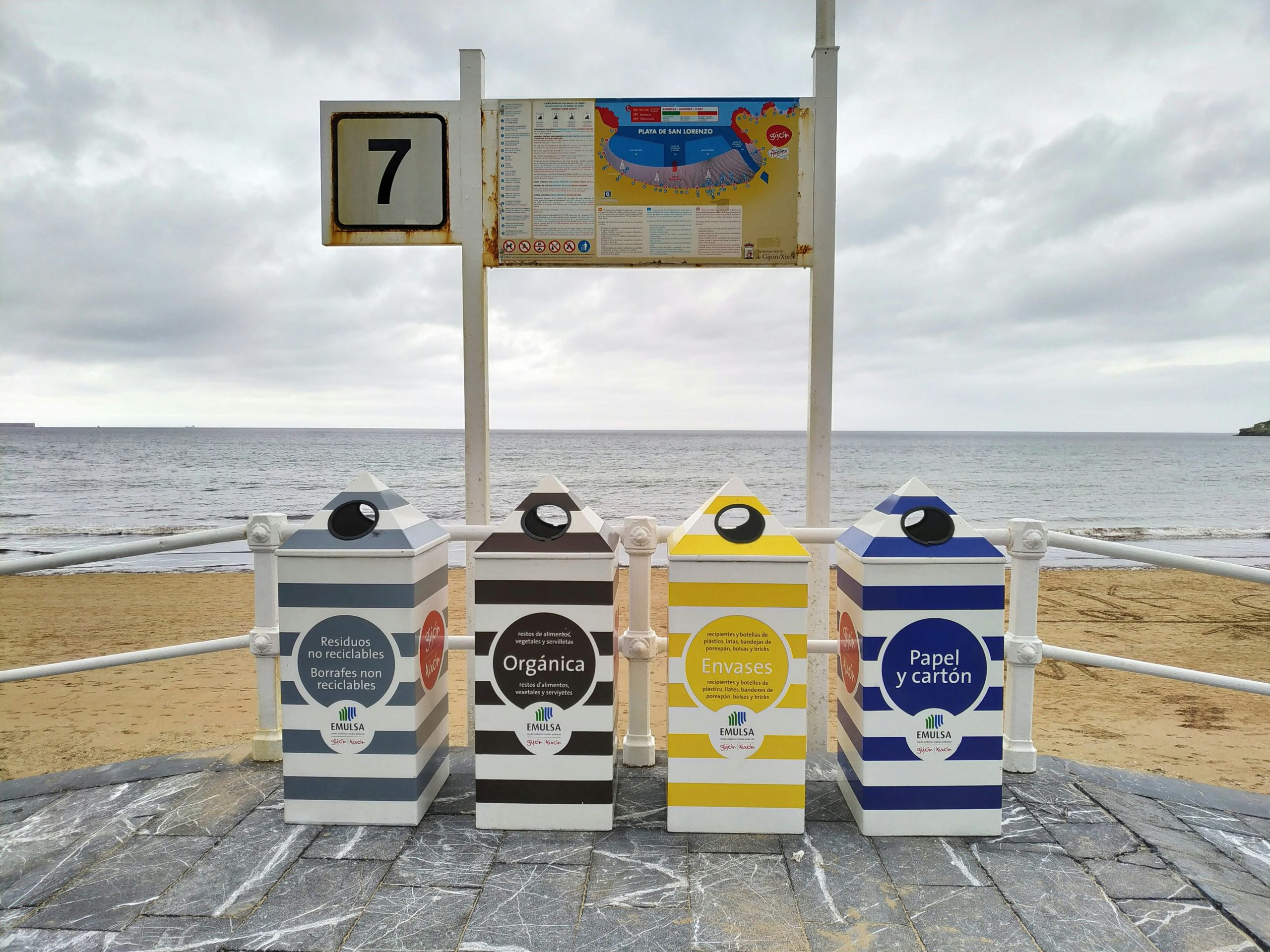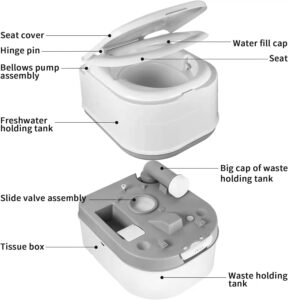In our latest article, “Can I Compost Seaweed?” we dive into the fascinating world of seaweed composting. We’ll explore the benefits of adding this nutrient-rich marine plant to our compost bins and how it can enhance our gardening efforts. From its high mineral content to its natural growth stimulants, seaweed has plenty to offer. We’ll also cover the best practices for collecting, preparing, and incorporating seaweed into our compost, ensuring we get the maximum benefits for our gardens. Join us as we uncover the secrets of this oceanic treasure and learn how to make our compost even more effective. Can I Compost Seaweed?
Have you ever walked along the beach, marveling at the variety of seaweed washed ashore, and wondered, “Can I compost seaweed?”
As passionate gardeners and environmental enthusiasts, we constantly seek ways to enhance our compost habits and reduce waste. Seaweed, with its abundant presence in coastal areas, seems an ideal candidate. But is it really beneficial for our compost piles? Let’s delve deep into the world of seaweed composting and uncover the secrets of this potential composting goldmine.
What is Seaweed?
Seaweed is a general term for a multitude of marine plants and algae that grow in various water bodies. These organisms play a significant role in the marine ecosystem, providing habitats and food for numerous sea creatures.
Types of Seaweed
There are three primary types of seaweed: green, brown, and red. Each type has unique characteristics and is found in different oceanic conditions.
| Type | Characteristics | Common Examples |
|---|---|---|
| Green | Chlorophyll dominates, bright green | Sea lettuce, Cladophora |
| Brown | Possesses fucoxanthin, giving a brown hue | Kelp, Rockweed |
| Red | Contains phycoerythrin, giving a reddish color | Dulse, Nori seaweed |
When considering composting, all three types can be beneficial, but brown seaweeds, primarily kelp, are particularly renowned for their nutrient density.
Benefits of Composting Seaweed
Seaweed composting offers a plethora of benefits for our gardens. From enriching soil nutrition to improving soil structure, let’s explore why we should consider adding seaweed to our compost piles.
Nutrient-Rich Addition
Seaweed is a treasure trove of essential nutrients. It contains a wide range of macro and micronutrients, including nitrogen, potassium, calcium, magnesium, and a balanced mix of trace elements. When composted, it enriches the soil with these nutrients, fostering plant health.
Accelerates Compost Decomposition
Seaweed contains alginates and other sugars that stimulate the growth of beneficial microorganisms in the compost, thus speeding up the decomposition process. By adding seaweed to our compost bins, we can achieve nutrient-rich compost faster than usual.
Enhances Soil Structure
Seaweed, especially when it breaks down, adds bulk to our soil. This bulk improves the soil’s overall structure, enhancing water retention and aeration, which is crucial for root growth.
Acts as a Pest Deterrent
One often underrated benefit of seaweed is its ability to repel pests. When used as a mulch or compost additive, the natural salts present in seaweed discourage slugs, snails, and other pests from invading our garden.

How to Collect Seaweed Responsibly
Before we rush to the shores to gather seaweed, it’s crucial to do so responsibly. Overharvesting can disrupt local ecosystems and infringe on regulations intended to preserve natural resources.
Permissions and Regulations
It’s important to check local regulations regarding seaweed collection. Some areas may have restrictions in place to protect marine environments. Ensure that our seaweed gathering practices comply with these regulations to promote sustainable use.
Sustainable Harvesting Practices
We should collect only what we need and ensure we’re not affecting the habitat more than necessary. Gathering loose seaweed that has washed ashore is generally a good practice. This way, we avoid disturbing any live, growing seaweed.
Rinsing Seaweed
Rinsing seaweed thoroughly before using it in compost is essential to remove excess salt. While a little salt isn’t harmful and can help deter pests, too much can inhibit plant growth and harm beneficial soil organisms.
How to Compost Seaweed
Once we’ve gathered seaweed responsibly, it’s time to add it to our compost pile! Here’s a detailed guide on how to do it effectively.
Preparation
Start by chopping the seaweed into smaller pieces. This will expedite its breakdown and make it easier to mix into the compost. Also, be sure to rinse it thoroughly to remove excess salts and any unwanted hitchhikers like small marine creatures.
Balancing Greens and Browns
Seaweed is considered a “green” compost material due to its nitrogen content. To keep our compost balanced, we should mix it with “brown” materials like dried leaves, straw, or cardboard which are rich in carbon.
| Compost Component | Role | Examples |
|---|---|---|
| Greens | Provide Nitrogen | Seaweed, veggie scraps, coffee grounds |
| Browns | Provide Carbon | Dried leaves, straw, cardboard |
Maintaining a balanced ratio of greens and browns ensures that the compost heap heats up properly, speeding up decomposition and reducing odors.
Layering
Layering is an effective method for composting. Start with a layer of brown materials at the bottom, then add a layer of green materials, including seaweed. Continue alternating layers, ensuring a good mix. Remember to keep our compost pile moist but not waterlogged, similar to the dampness of a wrung-out sponge.
Turning the Compost
Regularly turning the compost pile helps aerate it and speed up decomposition. Aim to turn it every few weeks, incorporating the seaweed and other materials evenly throughout the pile.

Potential Challenges and Solutions
While composting seaweed is generally straightforward, we might encounter a few challenges along the way. Here’s how we can tackle them.
Odors
Sometimes, seaweed can emit a strong odor as it decomposes. To mitigate this, ensure we mix it well with other compost materials and avoid adding too much seaweed at one time. Turning the compost regularly can also help dissipate any unpleasant smells.
Salt Concerns
While seaweed does contain salt, rinsing it thoroughly can help reduce this issue. Moreover, in a properly balanced compost pile, the salt content will be diluted, minimizing any potential harm to plants.
Pests
While seaweed can deter some pests, it may attract others if not handled properly. Ensure our compost pile is well-maintained, with a good mix of greens and browns, and avoid leaving seaweed uncovered to deter any unwanted visitors.
Using Seaweed Compost in the Garden
Once our seaweed-enriched compost is ready, it’s time to use it in our garden! Here’s how we can make the most of it.
Enhancing Soil
Spread the compost evenly over garden beds and work it into the soil to a depth of about 6 inches. This will improve soil structure, moisture retention, and nutrient availability, creating an ideal growing environment for our plants.
Mulching
Seaweed compost can also be used as a mulch. Spread a layer around the base of plants to help retain moisture, suppress weeds, and slowly release nutrients into the soil.
Potting Mix
For container gardening, mix seaweed compost with regular potting soil. This blend will provide a nutrient-rich medium that promotes healthy plant growth and vigorous root development.

The Environmental Impact of Using Seaweed Compost
Using seaweed not only benefits our garden but also supports broader environmental goals. Let’s look at the positive impacts.
Reducing Waste
By incorporating seaweed into our compost, we reduce the amount of organic waste that could otherwise end up in landfills. This practice promotes a circular economy where waste becomes a valuable resource.
Sequestering Carbon
Healthy composting practices contribute to carbon sequestration, capturing carbon dioxide from the atmosphere and storing it in soil. Seaweed, with its quick growth rate and ability to absorb carbon, adds to this beneficial process.
Supporting Marine Health
Responsible harvesting of seaweed ensures that we don’t deplete natural stocks, allowing marine ecosystems to thrive. Seaweed farming and sustainable collection practices also reduce the pressure on wild seaweed populations.
Frequently Asked Questions About Seaweed Composting
Let’s address some common questions about seaweed composting to help clarify and elaborate on the process further.
Is fresh seaweed or dried seaweed better for composting?
Both fresh and dried seaweed can be used in compost. Fresh seaweed is readily available, especially if gathered from the shore. However, if using dried seaweed, it may need to be rehydrated and rinsed thoroughly to reduce salt content before adding it to the compost.
Can I use seaweed directly in the garden without composting it?
Yes, seaweed can be applied directly to the garden as mulch. It will break down over time, enriching the soil with nutrients. However, composting it first ensures a more balanced nutrient distribution and faster uptake by plants.
How much seaweed should I add to my compost pile?
While there’s no strict rule, seaweed should make up a reasonable portion of our “green” materials in the compost pile. Too much seaweed can lead to excess moisture and odor issues. A balanced approach is to mix seaweed with other greens and maintain an overall good ratio with “brown” materials.
Conclusion
So, can we compost seaweed? Absolutely! Seaweed is a nutrient-packed, beneficial addition to our compost pile. When collected responsibly, rinsed thoroughly, and mixed properly with other compost materials, it enriches our garden soil, stimulates plant growth, and supports a sustainable gardening practice.
As we continue to explore and incorporate eco-friendly practices, let’s embrace the potential of seaweed in our composting routine. Not only will our gardens flourish, but we’ll also be contributing positively to our environment. Happy composting!



